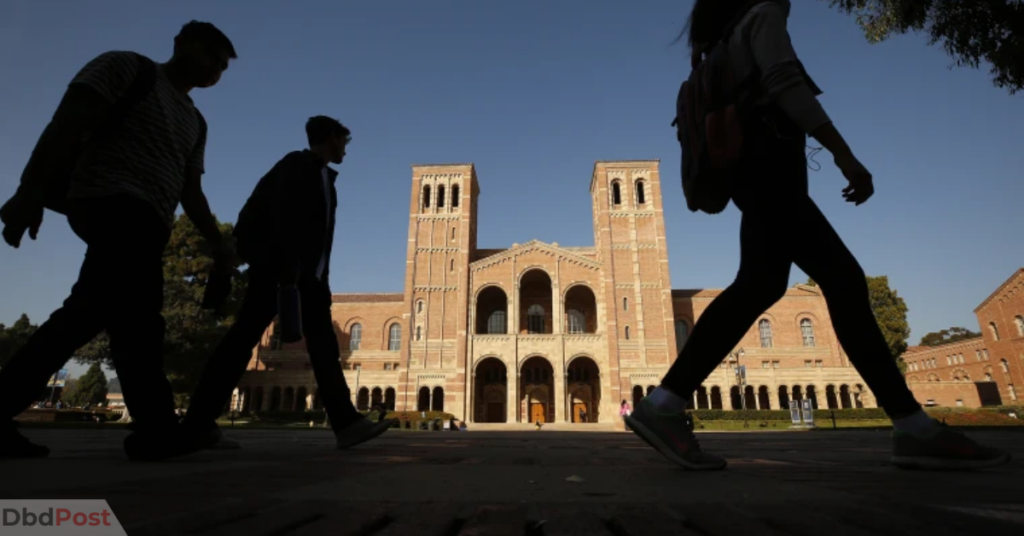The U.S. Department of Education is investigating five major universities for antisemitic harassment on their campuses.
These universities include Columbia University, Northwestern University, Portland State University, the University of California, Berkeley, and the University of Minnesota, Twin Cities.
Concerns over antisemitic incidents at colleges have been rising. The federal government is ramping up efforts to combat discrimination and harassment based on religion and national origin.
Many Jewish students report facing hostility in both academic and social settings.
Title VI of the Civil Rights Act of 1964 prohibits discrimination based on race, color, or national origin. In recent years, the interpretation of this law has expanded to include protections against discrimination based on shared ancestry.
These investigations stem from multiple complaints. Jewish students and faculty members have reported intimidation, exclusion, and targeted harassment.
Some claim their political or religious beliefs make them feel unwelcome in academic spaces.
The Biden administration has made combating antisemitism a priority. Last year, it introduced the first-ever U.S. National Strategy to Counter Antisemitism.
This initiative outlines specific measures to ensure Jewish students feel safe on college campuses.
Tensions have been escalating in higher education. Political and social activism sometimes creates hostile environments, and many students feel unsafe due to the rhetoric used in protests and classroom discussions.
University officials acknowledge these concerns. Columbia University issued a statement reiterating its dedication to an inclusive campus.
Similarly, UC Berkeley emphasized anti-discrimination policies and vowed to address student concerns.
Advocacy groups support the federal intervention. Organizations such as the Anti-Defamation League (ADL) and the American Jewish Committee (AJC) believe the investigations are necessary. They argue universities must do more to protect Jewish students from harassment and discrimination.
On the other hand, some groups express concerns about federal oversight. Free speech advocates worry these investigations could limit academic discussions. They believe universities should encourage open debates rather than impose restrictions.
These investigations could reshape university policies. Schools may revise their approaches to handling hate speech and discrimination.
The Department of Education’s findings will likely influence future guidelines for addressing antisemitism.
The federal government is sending a strong message that it will not tolerate antisemitic harassment in higher education. Universities must take more decisive action to ensure student safety and inclusivity.
Jewish students and advocacy groups will closely monitor the outcomes. Many hope these investigations will lead to meaningful and lasting reforms. The fight against antisemitism in education is far from over.
The results of these inquiries may set a precedent. If universities fail to take adequate measures, they risk losing federal funding.
This potential consequence highlights the seriousness of the government’s commitment to eradicating antisemitism on college campuses.
The impact of these investigations extends beyond academia. They reflect broader societal concerns about discrimination and intolerance.
As the investigations unfold, universities must assess their current policies and ensure proper enforcement of anti-discrimination regulations. Effective policies will help prevent similar issues in the future.
Moving forward, educational institutions should promote awareness and education on antisemitism. Campus-wide initiatives and diversity training can create a more inclusive atmosphere.
Addressing discrimination will benefit students, faculty, and the broader community.
Ultimately, these investigations highlight the need for vigilance. Universities must remain committed to combating all forms of discrimination, and a safe and respectful student environment should always be a top priority.
- 107shares
- Facebook Messenger
About the author
Arijit Negi is a seasoned journalist and Senior Contributor with expertise in global affairs, politics, and culture.
With a decade of experience in storytelling and analysis, his work aims to inform and inspire readers.





